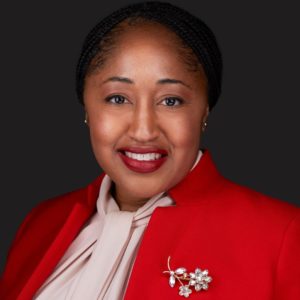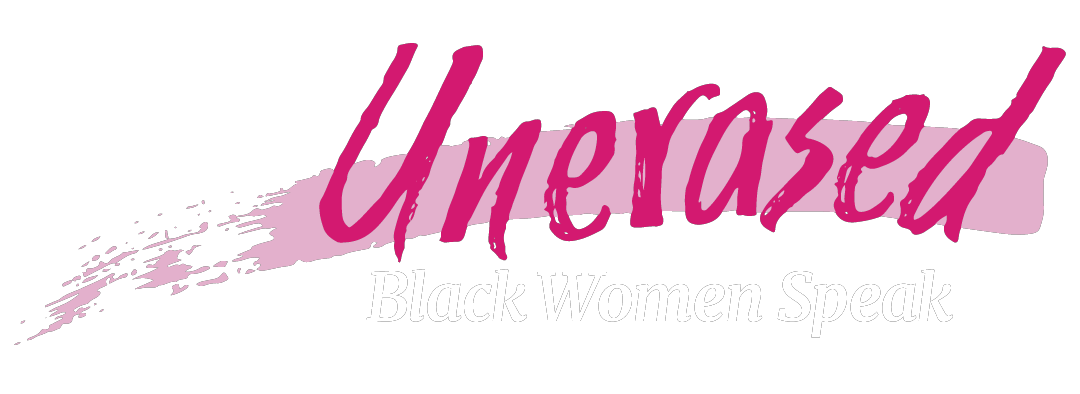
Krysta Jones, author
The year was 2006. While working on my master’s thesis in Legislative Affairs at The George Washington University, I was struck by the lack of Black congresspeople from Virginia. At the time, there had only been two in history – Representative John Mercer Langston (1890-1891) and Representative Bobby Scott (1993-present). My professor suggested that instead of just analyzing the issue, I should find a way to solve the problem. Therefore, I founded Virginia Leadership Institute (VLI), with the goal of increasing the number of Black elected officials to 500 by 2026* through training, tracking, mentoring, and networking. Now known as Vote Lead Impact, we quickly established a board of directors and developed our action plan.
Our first objective was to provide intensive training. We brought in speakers to discuss everything from “win” numbers to hiring staff, to communicating your message. Additionally, we held consultations with people who wanted to run for office to address individual concerns and connect them with resources during their decision-making process.
While all those skills were important, the magic really happened when the session attendees connected with each other. We began honoring Black political leaders, and the guests were able to network with each other at the events. These connections developed into political and professional collaborations.
We also determined that we would need to actively develop a pipeline, and for the last 17 years, organizational partnerships have been critical. To significantly increase the number of Black elected officials, it will truly take a village. We began offering scholarships to complete leadership development programs like Leadership Arlington and LEAD Hampton Roads. These initiatives are often sponsored or created by chambers of commerce and are excellent opportunities to learn about the community and strengthen networks, essential to running and serving in office.
We have also observed several challenges that we will work to address to continue supporting Black women in political leadership. Increasing the number of Black elected officials means that Black candidates will need to be elected in “majority white” districts in addition to “majority-minority” districts, and we ponder what that means for elections, training, party dynamics, fundraising and a host of other factors. It is critical that we analyze the elections of all candidates to determine trends and commonalities in messaging, strategy, fundraising, experience and networks.
In my thesis I discussed the impact that voter attitudes have for both Black and white voters. While you can have a strong candidate, the voters’ desires to vote for the candidate will determine the outcome. More research is needed on the reasons why voters with different backgrounds vote for certain candidates.
Political parties at all levels play an instrumental role in elections by providing resources, training, and support. Black women need to know that the system of recruitment, selection, preparation, and support is fair, and they have equal access. VLI has encouraged Black leaders to become active in their local political parties. Increased engagement and diverse leadership will be critical to ensuring Black women have the support they need.
Oftentimes, public service is not considered a venerable career, and the income is not sufficient. Additionally, local and state governments may hold community meetings at times that are inconvenient for the average person with full time employment. VLI has conducted awareness sessions and advocated to make government proceedings and public service more accessible.
Fundamental to our goal is data collection on the race of candidates and elected officials. By strengthening our tracking system, we can more accurately determine the success of our initiatives.
As we move towards 2026, we are excited about the progress Virginia has made in electing more Black women. In 2021, three Black women ran for Governor and two ran for Lt. Governor, and Virginia subsequently elected our first Black female Lt. Governor that year. We currently have 11 Black women serving in the Virginia General Assembly. The number of Black women serving on school boards and city councils has also increased. Notably, on February 21, 2023, State Senator Jennifer McClellan became the first Black woman elected to Congress from Virginia, in a special election to fill the 4th Congressional District seat after the third Black person elected to Congress from Virginia, Representative Don McEachin, passed away in 2022.
In the next three years, we are confident that we can make significant strides in addressing the challenges that impede Black women’s electoral success in Virginia, setting the stage for a new generation of Black women leaders, determined to right the wrongs of the past, and ensure that America fulfills the promise of our nation’s founders.
Krysta Jones is the Founder & CEO of Vote Lead Impact
Cover Art Credit: Teen Vogue


